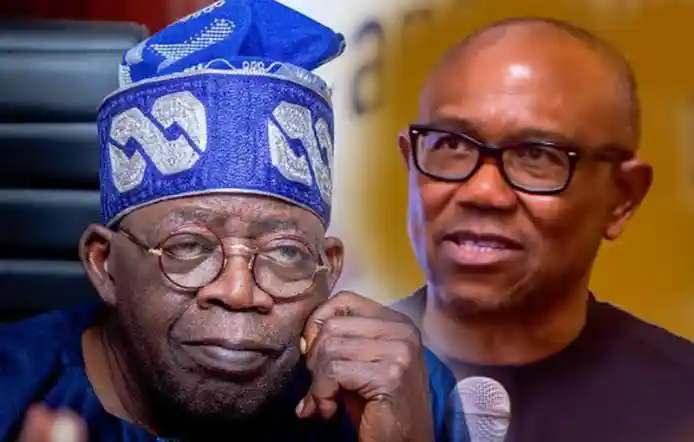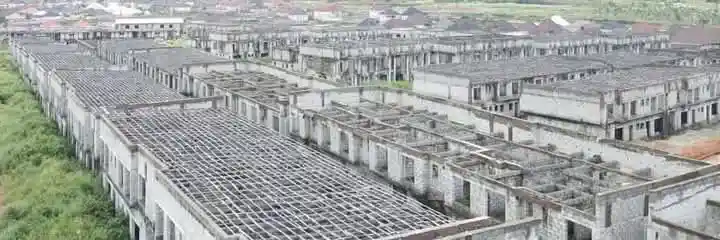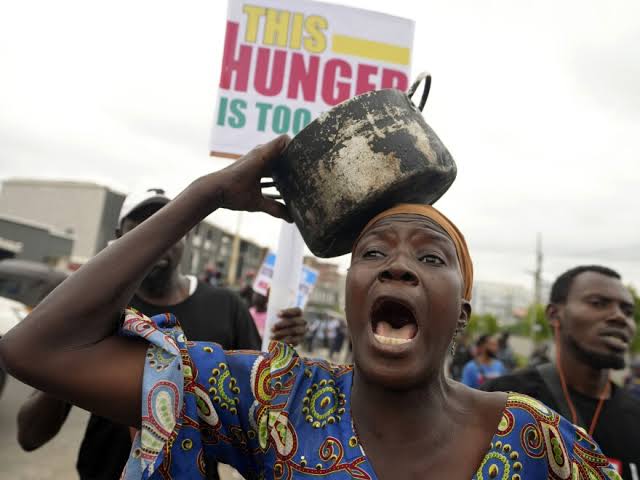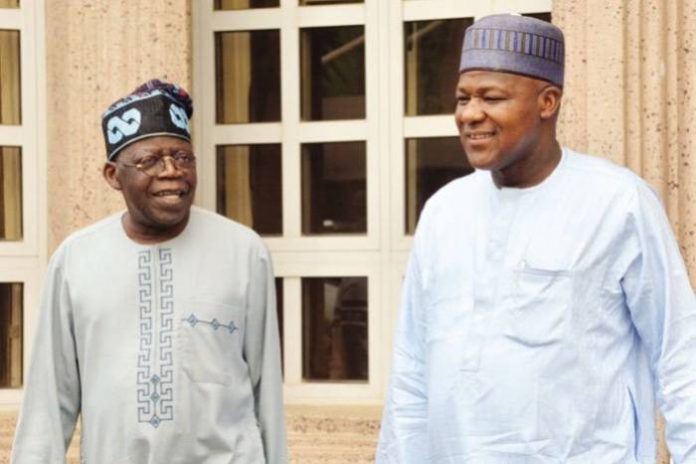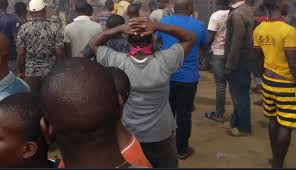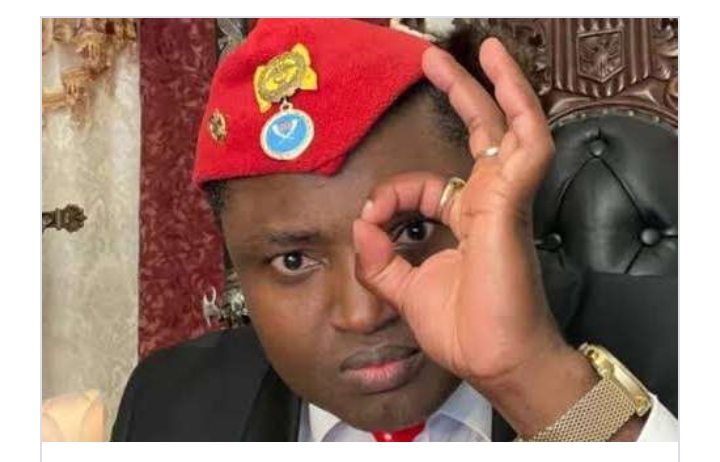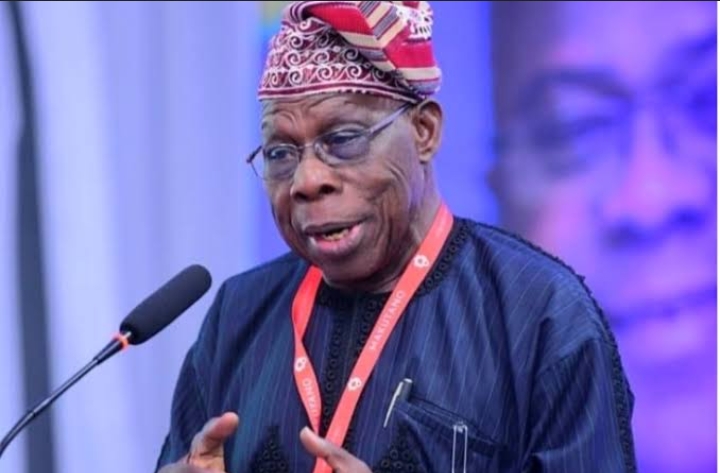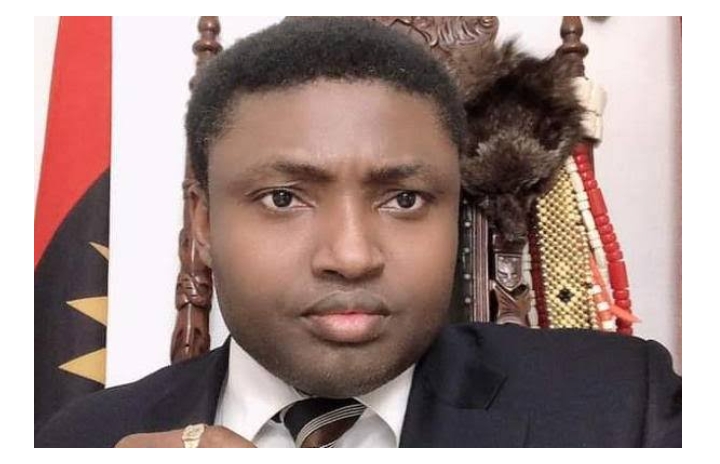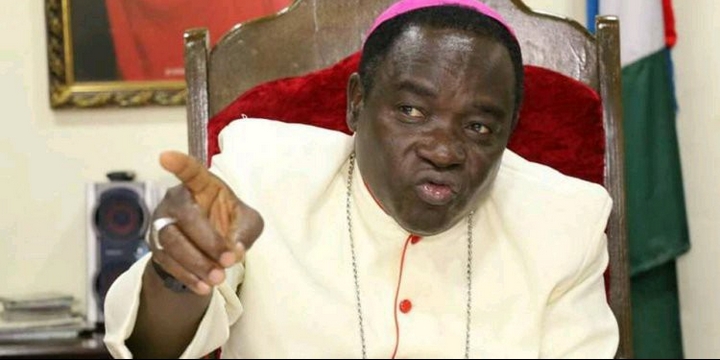Nigeria’ s former president, Olusegun Obasanjo, has defended the decisions he made during the Nigerian Civil War (1967- 1970), stating he has no regrets about his actions.....Read Full Article>>
Obasanjo, a retired Army General, played a pivotal role in the federal government’ s military campaign against the Biafran forces, which ultimately ended the war.
Speaking at a reception organized by the Peoples Democratic Party in his honor, Obasanjo reiterated that his choices during the war were in the country’ s best interest. ” I don’ t have any regret over some actions or decisions taken then, and I don’ t have any apology over that, because it was in the interest of all, ” he said.
The Nigerian Civil War, also known as the Biafran War, remains a controversial and deeply emotional chapter in the nation’ s history. The conflict, which erupted after the southeastern region declared independence as the Republic of Biafra, led to widespread famine, displacement, and the deaths of over a million people.
Prominent intellectuals, including renowned author Chinua Achebe, have accused the Nigerian government of committing genocide against the Igbos during the war. Achebe’ s writings, along with others, have sparked enduring debates over the conduct of the war and the policies of the federal government, including the military strategies employed by figures like Obasanjo.
Despite the criticisms, Obasanjo has maintained that his actions were guided by a commitment to national unity. His comments at the event underscored this perspective, as he called on Nigerians to move beyond the painful legacy of the war and work towards the country’ s development. ” It is time for us to put the memory of the civil war behind us and concentrate on the development and growth of Nigeria as a nation, ” he said.
Obasanjo shared a personal account of the war, revealing how he narrowly escaped a life- threatening injury when shrapnel struck his pelvic region during combat. This incident underscores the physical and emotional toll of the war on soldiers who fought on both sides.
The former president also recounted a story about his late cousin, who passed away at the age of 92. His cousin remained convinced until his death that his missing son, a casualty of the war, was still alive and living in the defunct Biafran Republic. This anecdote highlighted the enduring scars of the conflict on families and communities.
Addressing another aspect of his military career, Obasanjo denied participating in any of the coups that shaped Nigeria’ s political history. He clarified that while he was consulted by coup planners after the fact, he never played an active role. ” I have never participated in any coup; I just sit down jeje [calmly]… and they later get in touch with me, ” he said, drawing laughter from the audience.
Obasanjo rose to prominence as vice military ruler in 1975 after a coup ousted General Yakubu Gowon. He later became head of state following the assassination of General Murtala Muhammed in 1976, steering Nigeria towards a democratic transition in 1979.
While Obasanjo’ s role in the civil war continues to spark debate, his call for unity underscores his enduring influence. As Nigeria faces ongoing challenges, his reflections serve as a reminder of the need to prioritize reconciliation and collective progress.



